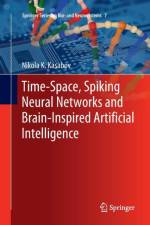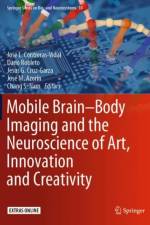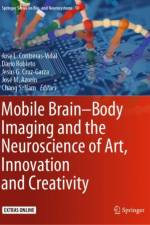von Bernard Widrow
95,00 - 140,00 €
This book takes the notions of adaptivity and learning from the realm of engineering into the realm of biology and natural processes. It introduces a Hebbian-LMS algorithm, an integration of unsupervised Hebbian learning and supervised LMS learning in neural networks, as a mathematical representation of a general theory for synaptic learning in the brain, and adaptation and functional control of homeostasis in living systems. Written in a language that is able to address students and scientists with different backgrounds, this book accompanies readers on a unique journey through various homeostatic processes in living organisms, such as body temperature control and synaptic plasticity, explaining how the Hebbian-LMS algorithm can help understand them, and suggesting some open questions for future research. It also analyses cell signalling pathways from an unusual perspective, where hormones and hormone receptors are shown to be regulated via the principles of the Hebbian-LMS algorithm. It further discusses addiction and pain, and various kinds of mood disorders alike, showing how they can be modelled with the Hebbian-LMS algorithm. For the first time, the Hebbian-LMS algorithm, which has been derived from a combination of Hebbian theory from the neuroscience field and the LMS algorithm from the engineering field of adaptive signal processing, becomes a potent model for understanding how biological regulation works. Thus, this book is breaking new ground in neuroscience by providing scientists with a general theory for how nature does control synaptic learning. It then goes beyond that, showing that the same principles apply to hormone-mediated regulation of physiological processes. In turn, the book tackles in more depth the concept of learning. It covers computer simulations and strategies for training neural networks with the Hebbian-LMS algorithm, demonstrating that the resulting algorithms are able to identify relationships between unknown input patterns. It shows how this can translate in useful ideas to understand human memory and design cognitive structures. All in all, this book offers an absolutely, unique, inspiring reading for biologists, physiologists, and engineers, paving the way for future studies on what we could call the nature's secret learning algorithm.











